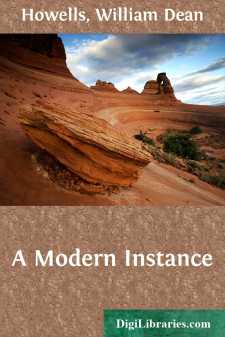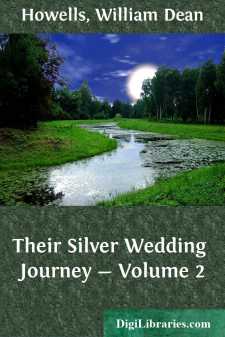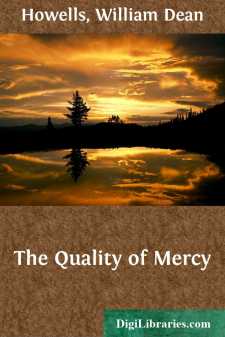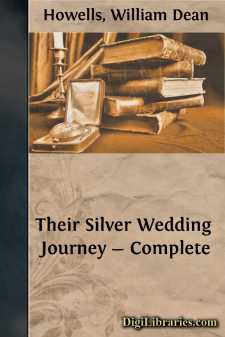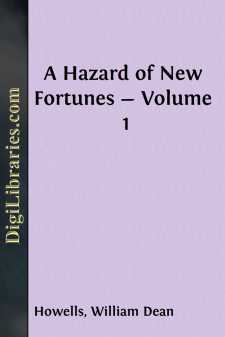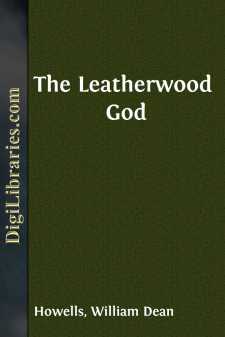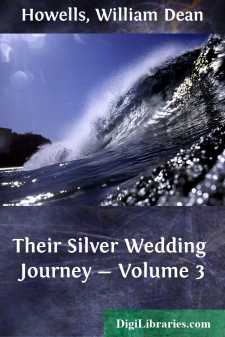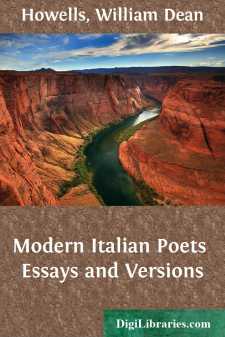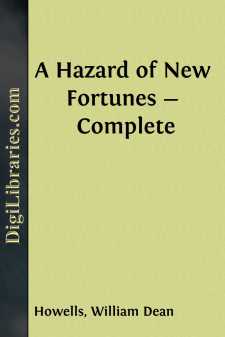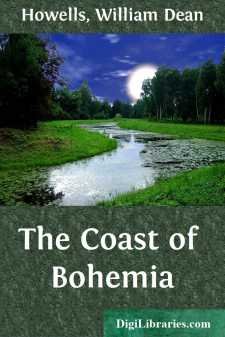Categories
- Antiques & Collectibles 13
- Architecture 36
- Art 48
- Bibles 22
- Biography & Autobiography 813
- Body, Mind & Spirit 142
- Business & Economics 28
- Children's Books 15
- Children's Fiction 12
- Computers 4
- Cooking 94
- Crafts & Hobbies 4
- Drama 346
- Education 46
- Family & Relationships 57
- Fiction 11828
- Games 19
- Gardening 17
- Health & Fitness 34
- History 1377
- House & Home 1
- Humor 147
- Juvenile Fiction 1873
- Juvenile Nonfiction 202
- Language Arts & Disciplines 88
- Law 16
- Literary Collections 686
- Literary Criticism 179
- Mathematics 13
- Medical 41
- Music 40
- Nature 179
- Non-Classifiable 1768
- Performing Arts 7
- Periodicals 1453
- Philosophy 64
- Photography 2
- Poetry 896
- Political Science 203
- Psychology 42
- Reference 154
- Religion 513
- Science 126
- Self-Help 84
- Social Science 81
- Sports & Recreation 34
- Study Aids 3
- Technology & Engineering 59
- Transportation 23
- Travel 463
- True Crime 29
A Modern Instance
Categories:
Description:
Excerpt
INTRODUCTION.
Mr. Howells has written a long series of poems, novels, sketches, stories, and essays, and has been perhaps the most continuous worker in the literary art among American writers. He was born at Martin's Perry, Belmont County, Ohio, March 1, 1837, and the experiences of his early life have been delightfully told by himself in A Boy's Town, My Year in a Log Cabin, and My Literary Passions. These books, which seem like pastimes in the midst of Howells's serious work, are likely to live long, not only as playful autobiographic records, but as vivid pictures of life in the middle west in the middle of the nineteenth century. The boy lived in a home where frugality was the law of economy, but where high ideals of noble living were cheerfully maintained, and the very occupations of the household tended to stimulate literary activity. He read voraciously and with an instinctive scent for what was great and permanent in literature, and in his father's printing-office learned to set type, and soon to make contributions to the local journals. He went to the state Capitol to report the proceedings of the legislature, and before he was twenty-two had become news editor of the State Journal of Columbus, Ohio.
But at the same time he had given clear intimations of his literary skill, and had contributed several poems to the Atlantic Monthly. His introduction to literature was in the stirring days just before the war for the Union, and he had a generous enthusiasm for the great principles which were then at stake. Yet the political leaven chiefly caused the bread he was baking to rise, and his native genius was distinctly for work in creative literature. His contribution to the political writing of the day, besides his newspaper work, was a small campaign life of Lincoln; and shortly after the incoming of the first Republican administration he received the appointment of consul at Venice.
At Venice he remained from 1861 to 1865, and these years may fairly be taken as standing for his university training. He carried with him to Europe some conversance with French, German, Spanish, and Italian, and an insatiable thirst for literature in these, languages. Naturally now he concentrated his attention on the Italian language and literature, but after all he was not made for a microscopic or encyclopaedic scholar, least of all for a pedant. What he was looking for in literature, though he scarcely so stated it to himself at the time, was human life, and it was this first-hand acquaintance he was acquiring with life in another circumstance that constituted his real training in literature. To pass from Ohio straight to Italy, with the merest alighting by the way in New York and Boston, was to be transported from one world to another; but he carried with him a mind which had already become naturalized in the large world of history and men through the literature in which he had steeped his mind. No one can read the record of the books he had revelled in, and observe the agility with which he was absorbed, successively, in books of greatly varying character, without perceiving how wide open were the windows of his mind; and as the light streamed in from all these heavens, so the inmate looked out with unaffected interest on the views spread before him....


